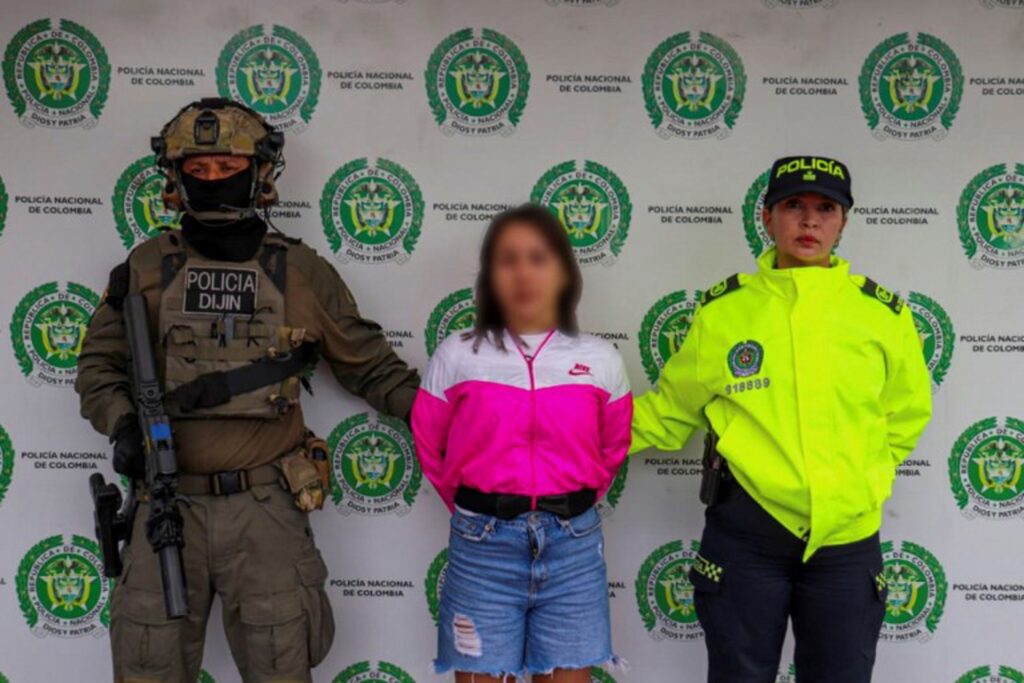A report published by the Organisation for Security and Cooperation in Europe (OSCE) highlights the often underestimated role of women in transnational organised crime.
The new OSCE study, conducted in 14 countries including Belgium, argues that sexist stereotypes prevent criminal justice professionals from recognising women’s real roles within criminal groups. Investigators have been found to often assume women only serve facilitation roles and rarely hold positions of responsibility.
This skewed perspective hinders authorities from understanding the complexity of the criminal landscape and inhibits their capacity to combat crime, the OSCE notes.
In Belgium, 15% of those arrested on suspicion of participation in criminal organisation activities in 2021 were women.
"Women are present in all criminal markets and across the entire criminal hierarchy of the 14 participating states," said the report’s author, Garavini Seisselberg, during a press conference in Vienna where the findings were presented.
According to the study, women are not just victims of international crime; they are actively involved in drug trafficking, human trafficking, money laundering, counterfeiting and violence.
Men tend to be recruited by criminal groups who become aware of their involvement in other crimes. In contrast, women typically become part of organised crime groups (OCG) by being born into a criminal family or through relationships with male OCG members.
Women frequently ascend to leadership roles, notably when taking over from their partners who have fled, been imprisoned, or killed. However, women are less often suspected, less frequently used as informants, and are less considered in organised crime exit programs, Seisselberg said.
The study also analysed data from 13 other countries across Europe, North America, and Central Asia.

